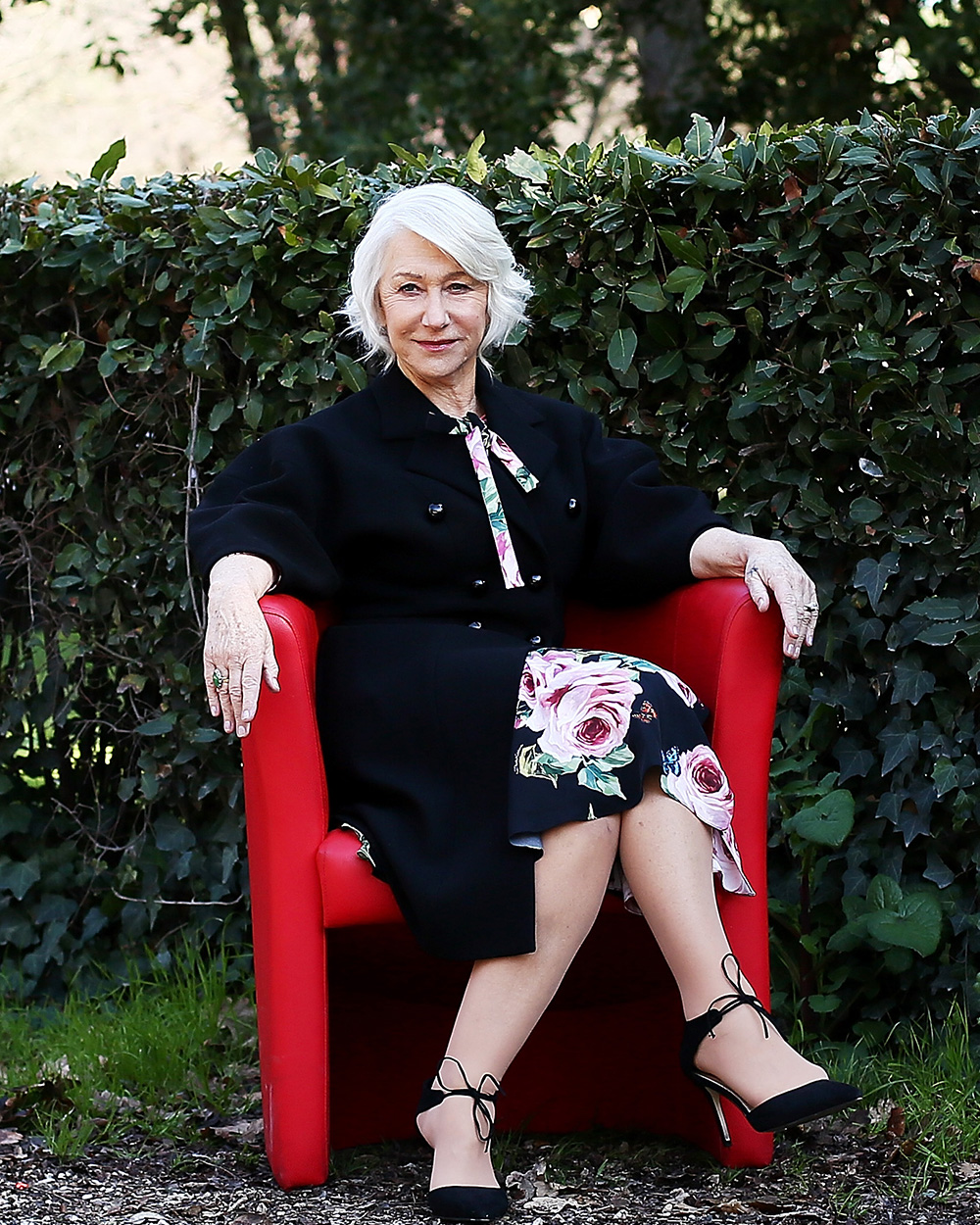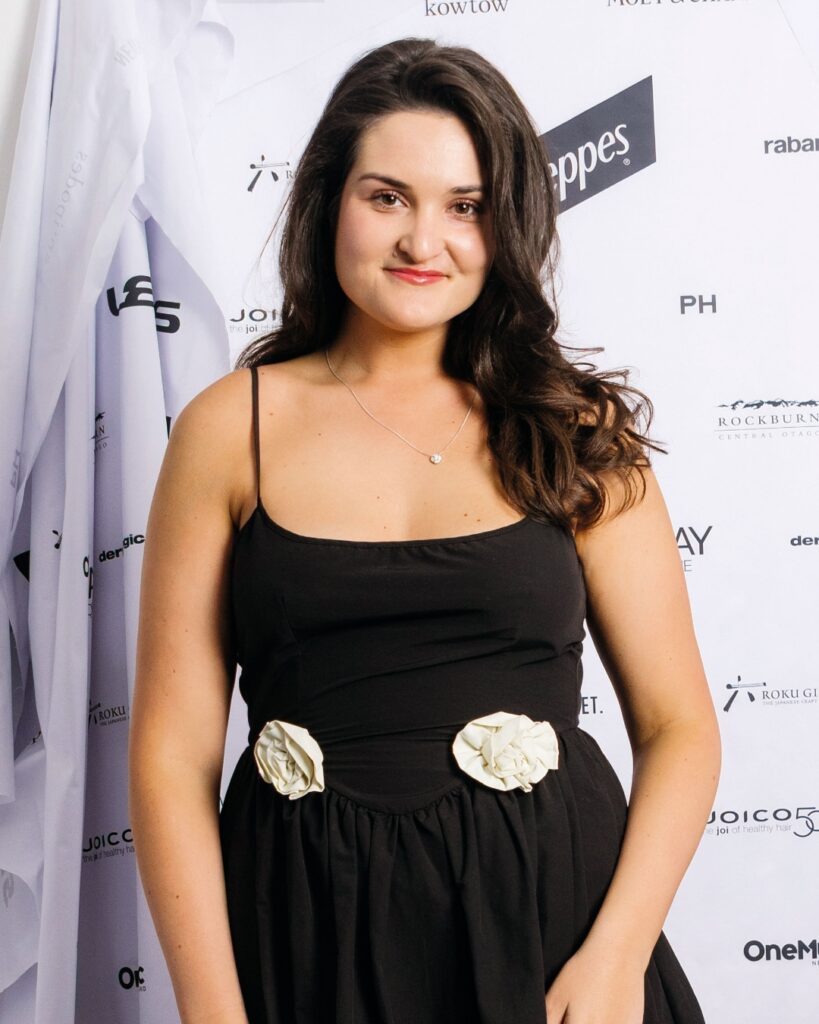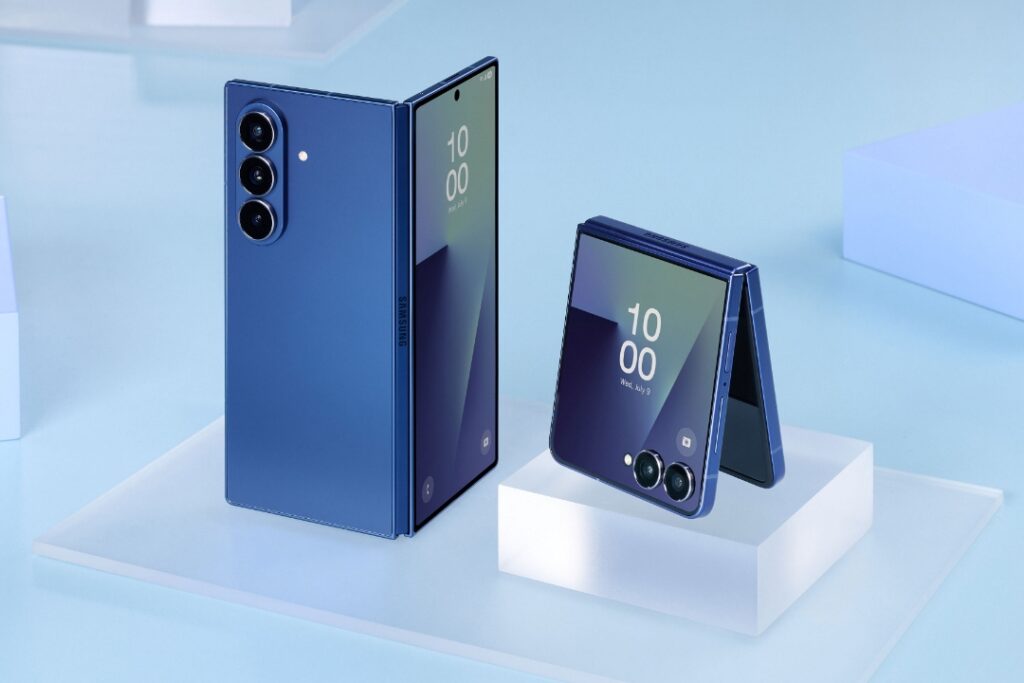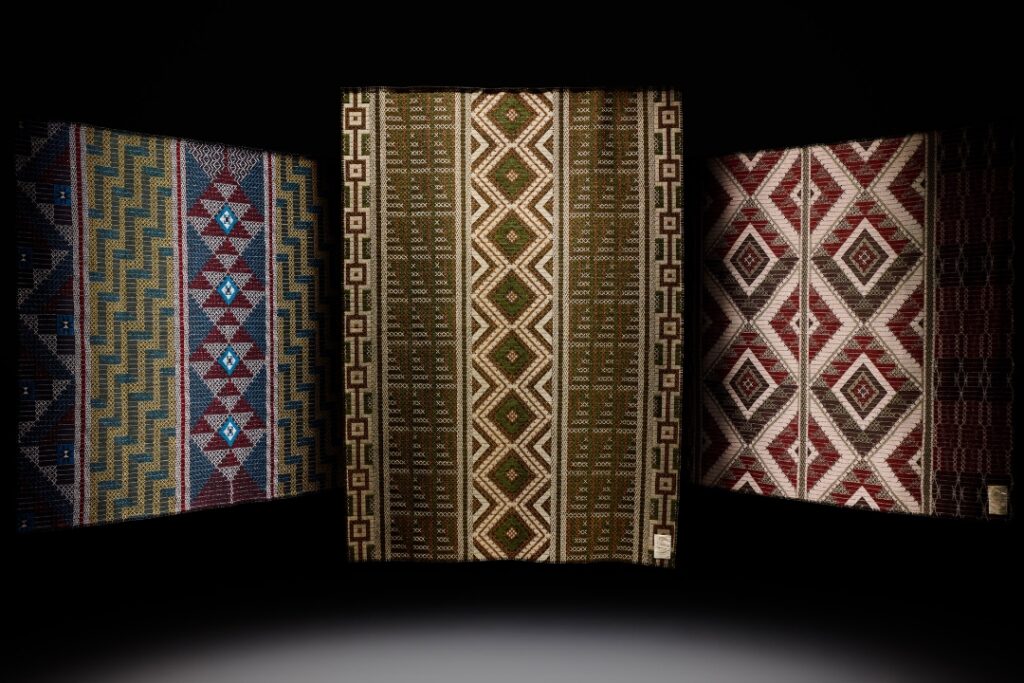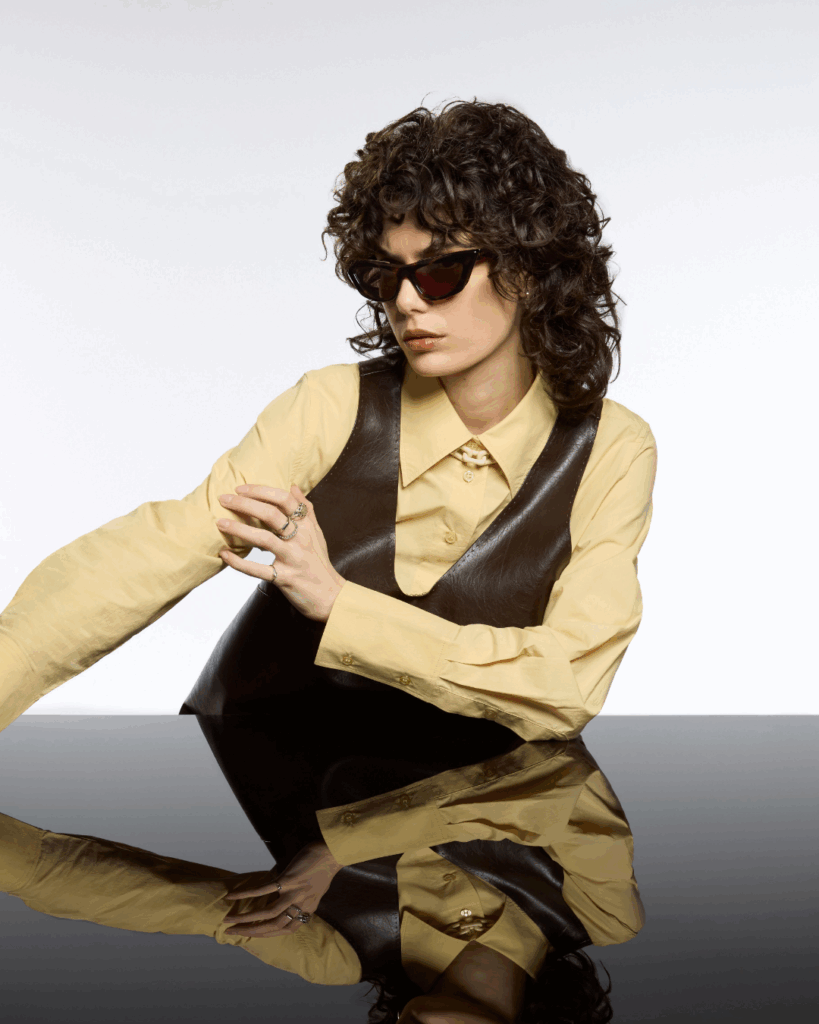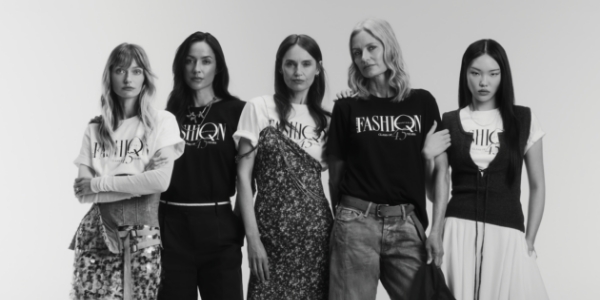Say yes to wrinkles.
Finally, the phrase ‘anti-ageing’ looks to be on its way out of fashion thanks to research from the United Kingdom (UK) recommending changes around our discussion of ageing.
Presented by The Royal Society for Public Health, Vision, Voice and Practice (RSPH), the research found that 49% of women and 23% of men feel a constant pressure to remain youthful in the UK – which we can only presume is reflected similarly here in New Zealand.
But it’s not just the 40+ age bracket concerned about ageing – the study also revealed a decent portion of millennials reported they have experienced stress on the subject. Furthermore, 25% of those aged 18-34 surveyed believe that it’s “normal” for the older age bracket to feel miserable and depressed.
With the term plastered across creams, oils, face masks and a myriad of other beauty products, it’s easy to see how the phrase has had such a negative impact on our attitude towards age.
WATCH: 5 foods that feed your skin
In line with this research, action has been taken against the anti-ageing phrase epidemic with many beauty brands choosing to phase out the title and instead focusing on the positives of growing older and wiser (of course!)
American beauty magazine Allure is leading the charge with the help of their September 2017 cover star Dame Helen Mirren, by completely phasing out the word anti-ageing. The publication chose to take a stand against the phrase because they wanted their readers to consider “why we attach a negative connotation to something so completely natural”.
So what’s next for the term anti-ageing? While we can’t expect a drastic change overnight, progress has already begun with similar phrases such as ‘age-control’, ‘wrinkle-fighting’, ‘radical new age’ and ‘youth preserve’ now becoming the norm.


